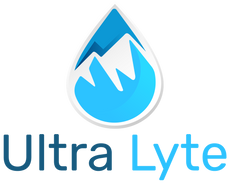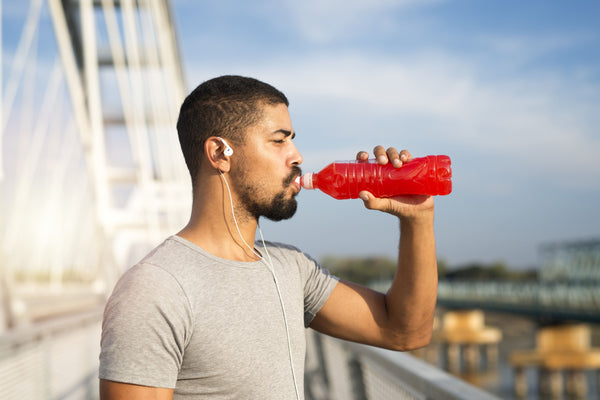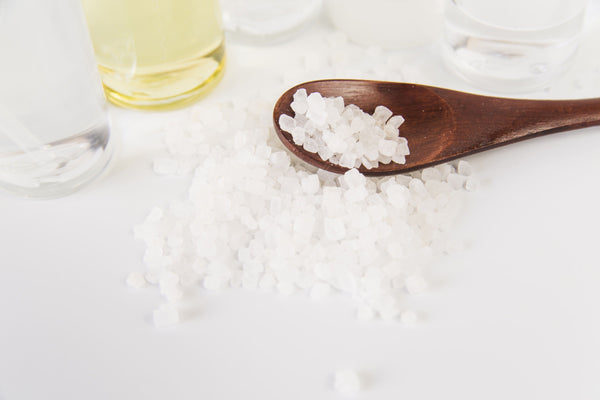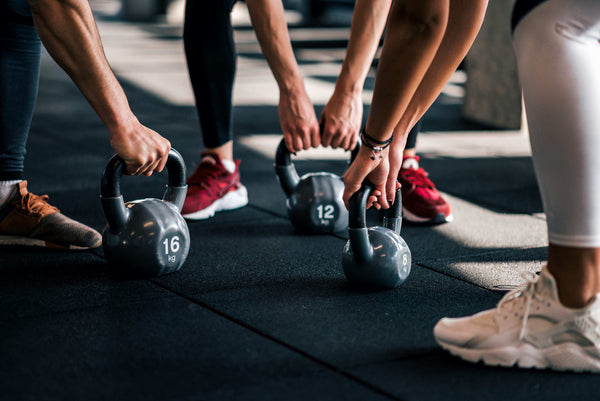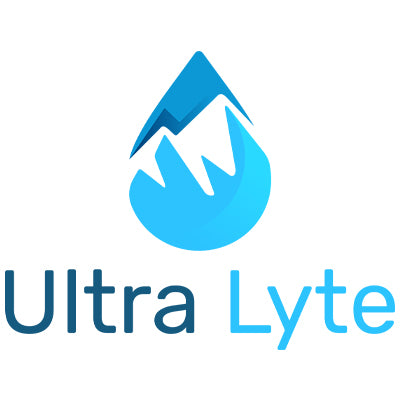
Post-Workout Recovery – What Role Do Electrolytes Play?

Recovery is not just a moment of rest – it’s a complex physiological process that determines whether your body becomes stronger after training or starts breaking down. Proper electrolyte intake plays a surprisingly significant role in this process. It’s not just about hydration – it’s about nervous system efficiency, muscle repair, hormonal balance, and sleep quality. How exactly do electrolytes support recovery, and what does science have to say about it?
Electrolyte Balance as the Foundation of Post-Workout Homeostasis
Intense exercise causes significant disruptions in homeostasis – changes in osmotic pressure, pH, ion and hormone levels, increased body temperature, and micro-damage to muscle cells. The rebuilding of these structures and restoration of balance requires not only energy and amino acids, but also the right physicochemical environment – and this is where electrolytes come into play.
After training, the correct concentration of ions must be restored inside and outside cells to allow for:
-
activation of repair enzymes,
-
removal of metabolites and waste products,
-
transport of glucose and amino acids into cells,
-
replenishment of ATP and phosphocreatine stores,
-
resolution of inflammation.
Each of these processes is sensitive to sodium, potassium, magnesium, and calcium levels. Deficiencies in these electrolytes can delay recovery and increase the feeling of fatigue.
Electrolytes and Fluid Retention After Exercise
A common misconception is that drinking water alone is enough to support recovery. In reality, rapidly consuming water without electrolytes can lead to hyponatremia – abnormally low sodium levels in the blood – which can cause weakness, confusion, and in severe cases, cerebral edema.
Studies show that electrolyte-containing beverages improve post-workout fluid retention by 30–40% compared to water alone (Maughan et al., 1994). Electrolytes help retain water within intracellular spaces and rehydrate tissues more efficiently.
Muscle Recovery and Oxidative Stress Reduction
Physical exertion, especially strength or explosive training, causes microtrauma in muscle proteins. After the session, the body initiates regenerative processes: activation of satellite cells, protein synthesis, and mitochondrial repair.
Studies show that magnesium deficiency can significantly slow down muscle fiber recovery, because magnesium:
-
is a cofactor in protein-synthesizing enzymes,
-
regulates cortisol (a catabolic hormone),
-
increases the body’s antioxidant activity (Heaton et al., 2020).
Potassium and sodium are also essential for the sodium-potassium pump function, which maintains proper cell membrane potential – critical for muscle function and recovery.
Nervous System Recovery – The Hidden Key to Performance
Training causes not only muscle fatigue but also nervous system exhaustion – especially in compound, high-load exercises like squats, deadlifts, or sprints. This is known as central fatigue.
Proper levels of calcium, sodium, and magnesium are essential for quick nervous system recovery:
-
Calcium regulates neurotransmitter release and nerve signal transmission.
-
Magnesium has neuroprotective effects, reduces neuronal excitability, and supports parasympathetic nervous system relaxation.
-
Sodium and potassium help neurons return to resting potential after each impulse.
If you experience brain fog, irritability, or lack of focus after training, the issue may lie in electrolyte imbalance – not just physical fatigue.
Electrolytes and Sleep Quality After Training
Sleep is the most critical part of recovery. However, intense workouts – especially late in the day – can paradoxically impair sleep. Elevated adrenaline levels, fluid and micronutrient losses, and nervous system overload can delay sleep onset and reduce deep sleep stages.
Studies indicate that replenishing magnesium, potassium, and calcium post-exercise can support faster sleep onset, fewer nighttime awakenings, and better overall sleep quality (Abbasi et al., 2012).
In short: if you want to fully regenerate overnight, don’t just focus on your evening meals or supplements. Make sure you also replace lost electrolytes.
When and How to Replenish Electrolytes for Recovery
To support optimal recovery, electrolytes should be consumed:
-
immediately after training – ideally within 30 minutes,
-
in liquid form – faster absorption than capsules,
-
with sodium, potassium, magnesium, calcium – ideally in organic forms (citrates, lactates, taurates),
-
without added sugar – sugar may slow down the absorption of certain minerals.
You should especially consider electrolyte supplements if:
-
you train in heat or high humidity,
-
you follow a low-carb or keto diet (increased sodium loss),
-
you feel fatigued despite getting enough sleep,
-
you experience post-exercise headaches, dizziness, or muscle cramps,
-
you have another demanding training session scheduled soon.
Sources:
1. Maughan, R. J., Leiper, J. B., & Shirreffs, S. M. (1994). Restoration of fluid balance after exercise-induced dehydration: effects of beverage electrolyte content. Journal of Applied Physiology.
2. Heaton, L. E., Davis, J. K., Rawson, E. S., et al. (2020). Selected In-Season Nutritional Strategies to Enhance Recovery for Team Sport Athletes: A Practical Overview. Sports Medicine.
3. Nielsen, F. H., & Lukaski, H. C. (2006). Update on the relationship between magnesium and exercise. Magnesium Research.
4. Abbasi, B., Kimiagar, M., Sadeghniiat, K., et al. (2012). The effect of magnesium supplementation on primary insomnia in elderly: A double-blind placebo-controlled clinical trial. Journal of Research in Medical Sciences.
5. Shirreffs, S. M., & Maughan, R. J. (2000). Fluid and electrolyte needs for training, competition, and recovery. Journal of Sports Sciences.
